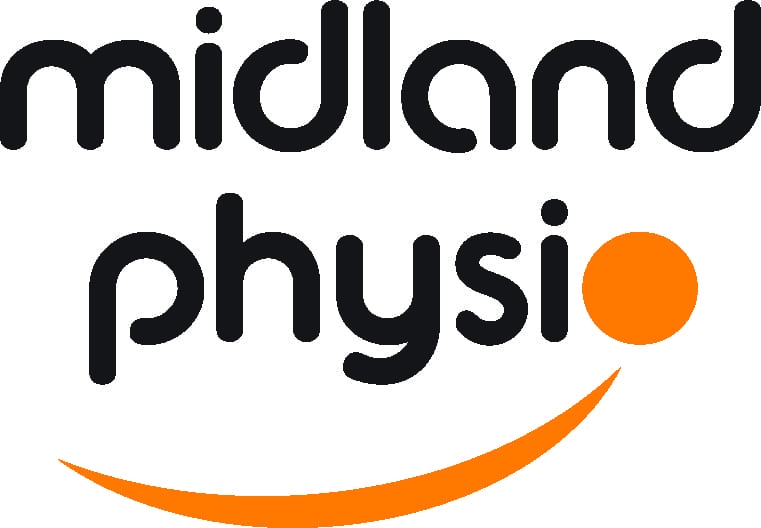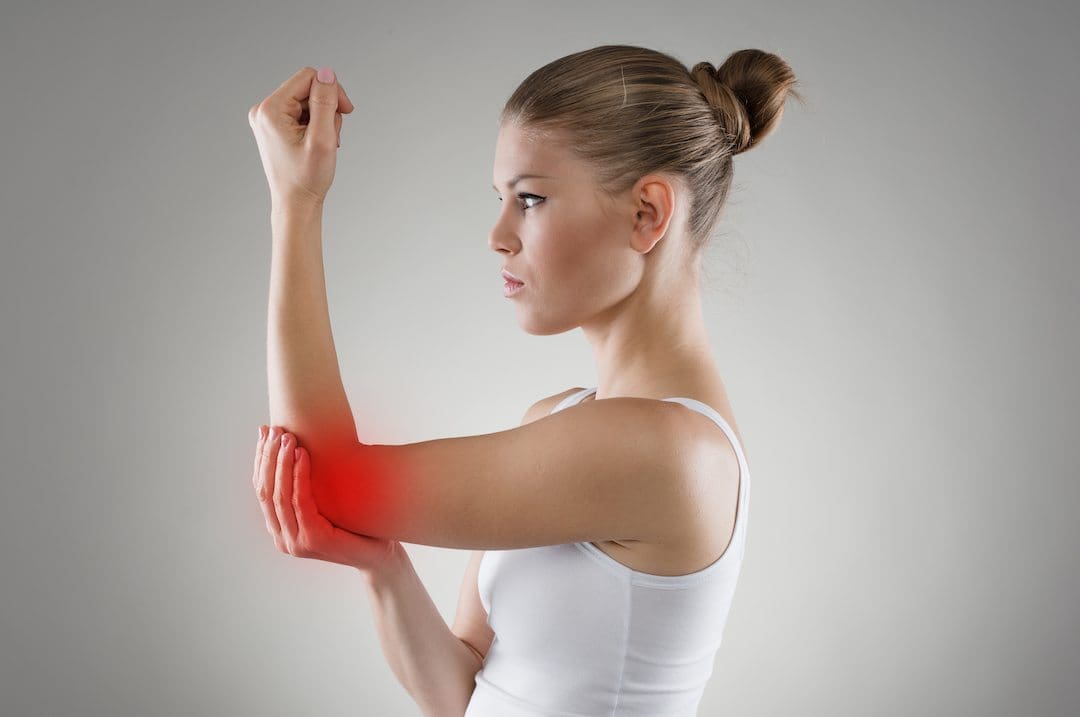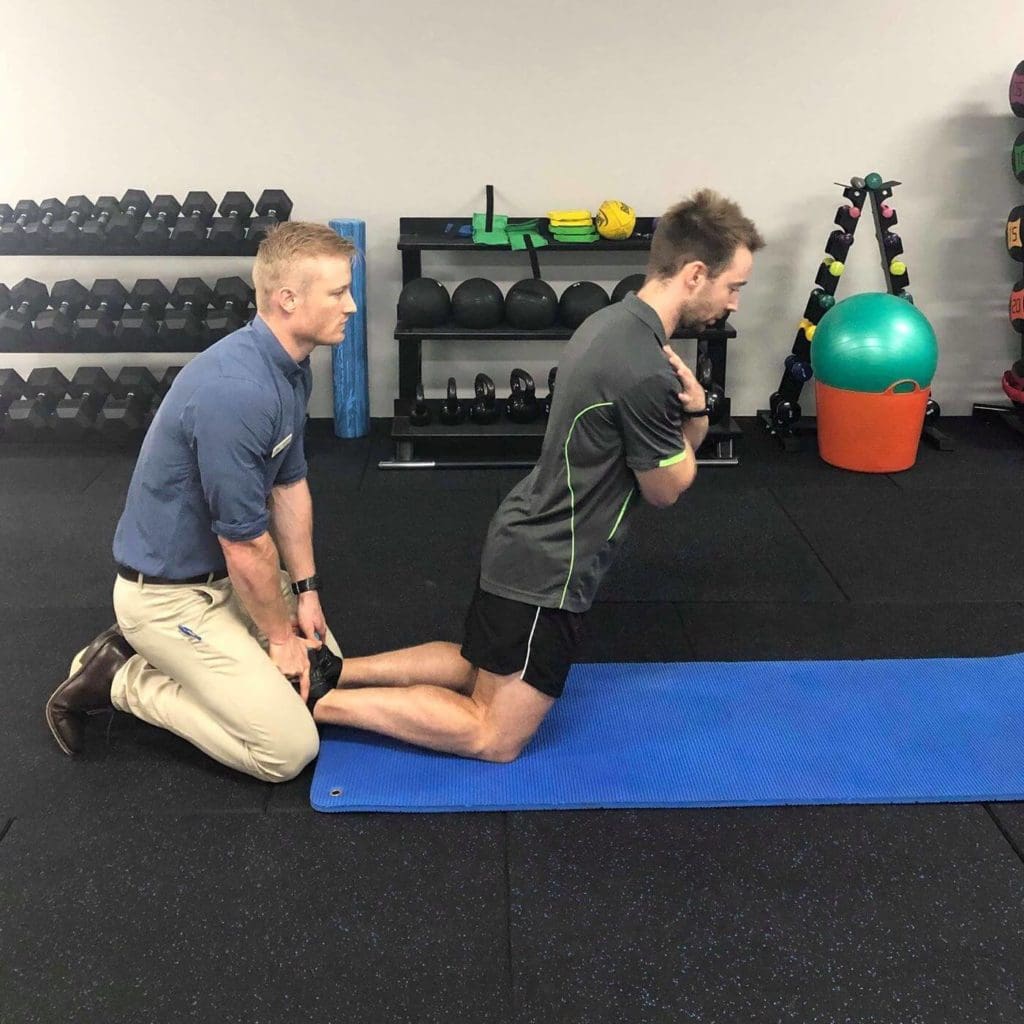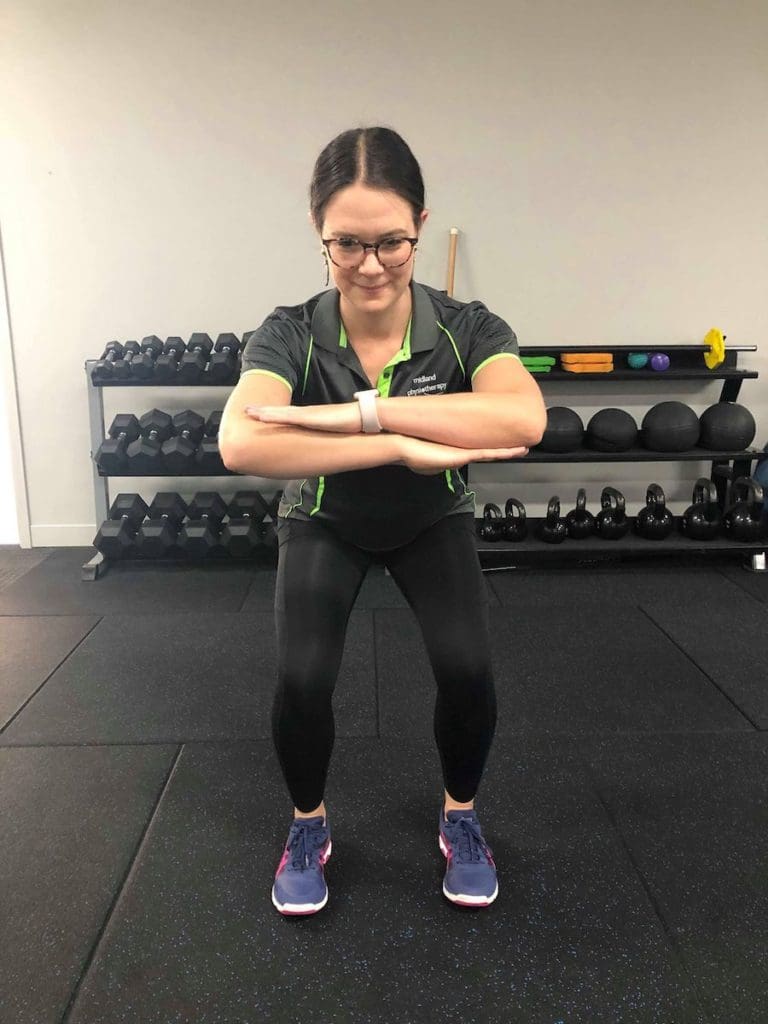
Have you ever been working your abdominals and felt it in your back instead?
Did you wonder why?
Read on for some answers…
To correctly engage our ‘core’ or abdominal muscles, we must be able to control our pelvic position throughout. What this means is finding either a neutral/middle position, or a more posterior pelvic tilt position.
In a Neutral or Posterior pelvic tilt, the back muscles are mildly ‘lengthened’ which creates a gentle shortening of the abdominal muscles which puts them in the driver’s seat to be the focus for your exercise, thus achieving core workout “poetry”.
When we are in an Anterior Pelvic Tilt the abdominal muscles are lengthened and they find it more difficult to work. When the abdominal muscles are struggling to work, our lower back muscles LOVE to switch on and help the abdominals achieve the movement. And because our back muscles are often stronger than our abdominal muscles, it is our lower back musculature that ends up doing the heavy lifting, and sometimes compressing lower back structures, making them sensitive and sore.
This is not helpful when we are trying to target our abdominal strength!
The good news is – we have the answers and know how to help!
There are two effective approaches we take in Physiotherapy:
1. Reducing the difficulty of your exercise, allowing you to gradually build your abdominal muscle strength and endurance without your lower back kicking into assist.
2. And secondly, using props as we do in the studio! There are lots of things you can use to support your pelvic position during abdominal exercises, which will either assist or challenge you in different ways.
Some common props are rollers, bolsters, dura discs, towels, or small pilates balls placed under the bottom to guide the hips into the posterior pelvic tilt position. This allows us to then build up the core strength safely and effectively, eliminating the risk of flaring up any lower back pain along the way.
If you are unsure on how to achieve this or what to look for, simply book in a Pilates consult to join our studio sessions or ask your friendly physio for some guidance on pelvic position.
Let’s cheers to a future of reduced back pain and strong core muscles!
Elena Collins





